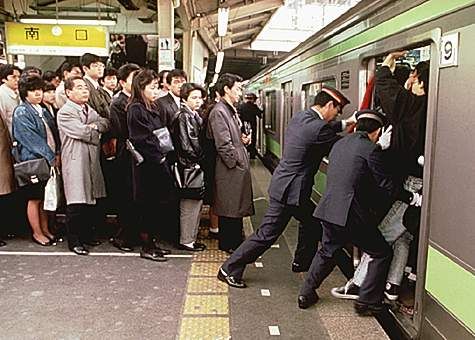t's very tempting to think a significant improvement in society can be computed -- that we can analytically calculate what society would be better and then just trade ours in for it. But anyone familiar with multi-variable optimization knows the way to get improvement is by incremental change, measurement, and undoing steps that are observed to make things worse; and that the process of convergence to the optimum goes faster when the individual steps are smaller.
In fact it would be near impossible to get an agreement on what optimum means to begin with.
Sustainable, secure communities for people to raise children is what it
should be.
You are doing what the progressives do, political catch phrases ignoring human reality. When it comes to exct polical definitions and metrics a consensus is impossible.
In Seattle for 20 years we have been hearing nice sounding sound bites on the homeless. A lot of money spent and still a worsening problem.
When I say optimal solution I don't men general goals, I men te specific mechanics on how to implement a change and how to make it stable.


